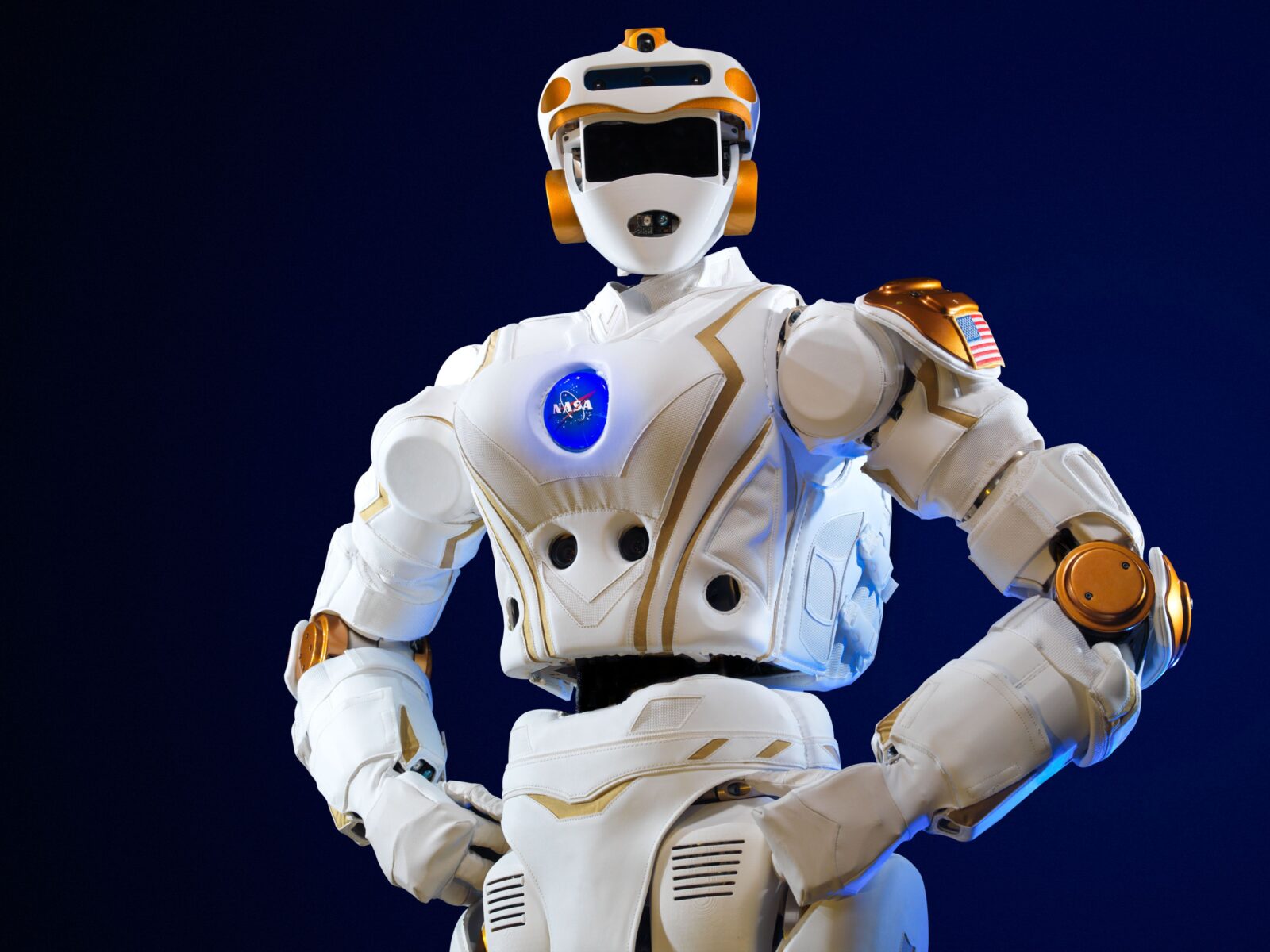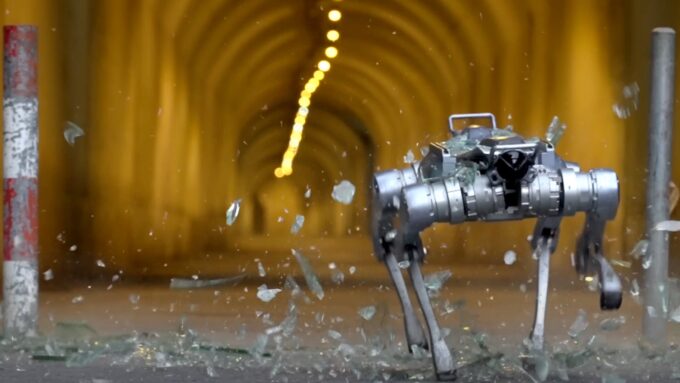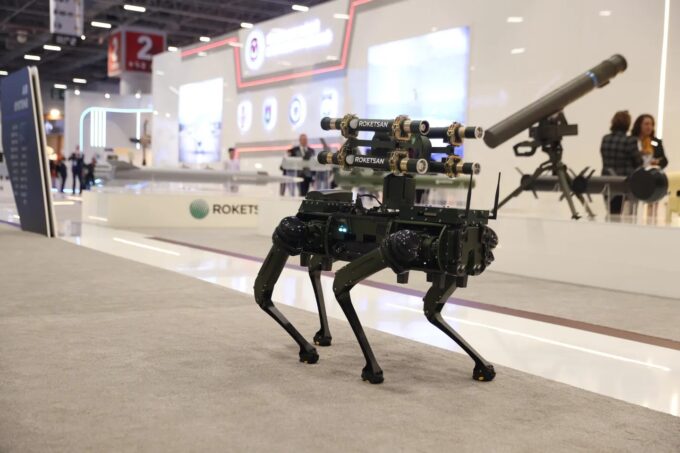At the Massachusetts Institute of Technology, researchers led by Professor Daniela Rus are bringing the world of humanoid robotics closer to everyday life by fusing advanced artificial intelligence with safe, flexible training strategies. Rus heads MIT’s Computer Science and Artificial Intelligence Lab (CSAIL), where her team is reimagining how robots can learn to operate in unpredictable, human-centered environments far beyond repetitive factory floors. Their approach centers on teaching robots “how people do things.” Using sensors to capture human motion and grip force, student volunteers perform everyday tasks while their movements and tactile behaviors are recorded. These data are then modeled and translated into machine learning algorithms, allowing robots like Ruby a humanoid prototype to mimic actions such as preparing a drink in a kitchen. The AI is trained not only to repeat a task, but to do so reliably amid changing surroundings and unexpected variables. This nuanced understanding, like learning to distinguish between delicate and firm physical manipulation, is key for robots to work safely alongside humans. MIT scientists have also developed techniques where robots learn from demonstration through vision-based AI: robots watch humans perform tasks via cameras and teach themselves to control limbs, much like people learn by observing and trial-and-error. Recent innovations enable robots to build 3D control maps using only a single camera, eliminating the need for an array of physical sensors. These systems allow robotics units to navigate cluttered, dynamic scenes a crucial capability for future household helpers or medical assistants. To ensure safety, every robot includes a physical override: a simple red button for instant shutdown. Professor Rus emphasizes that these machines are tools, neither inherently harmful nor benevolent; their impact depends entirely on how society chooses to deploy them. The core philosophy is to extend human capabilities amplifying our cognitive and physical superpowers while keeping responsibility and control in human hands. MIT’s methods promise to unlock robots able to adapt, learn new skills on the fly,and safely interact with people at home, in healthcare, or at work. Their research signals a future where intelligent humanoid robots don’t just automate repetitive jobs, but become trusted partners in daily life.
Source: CBS News reports that MIT researchers are developing AI-powered humanoid robots designed to handle complex physical tasks and assist in daily life.







Leave a comment